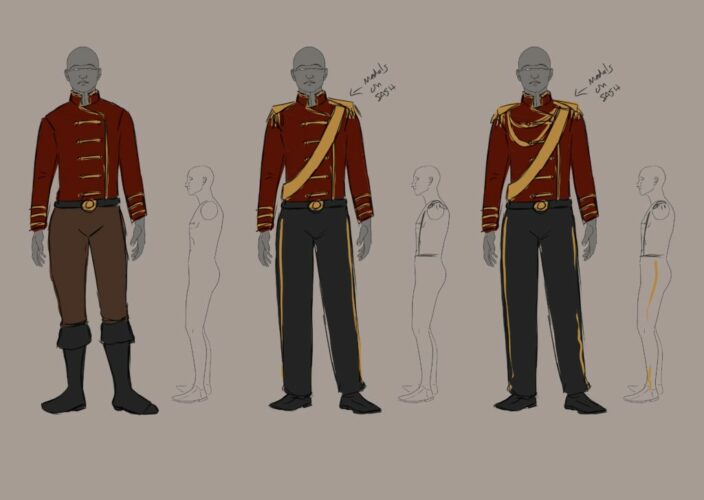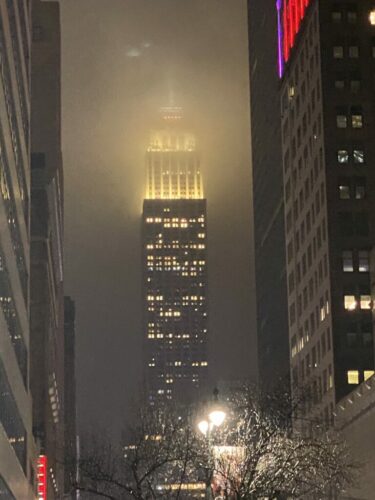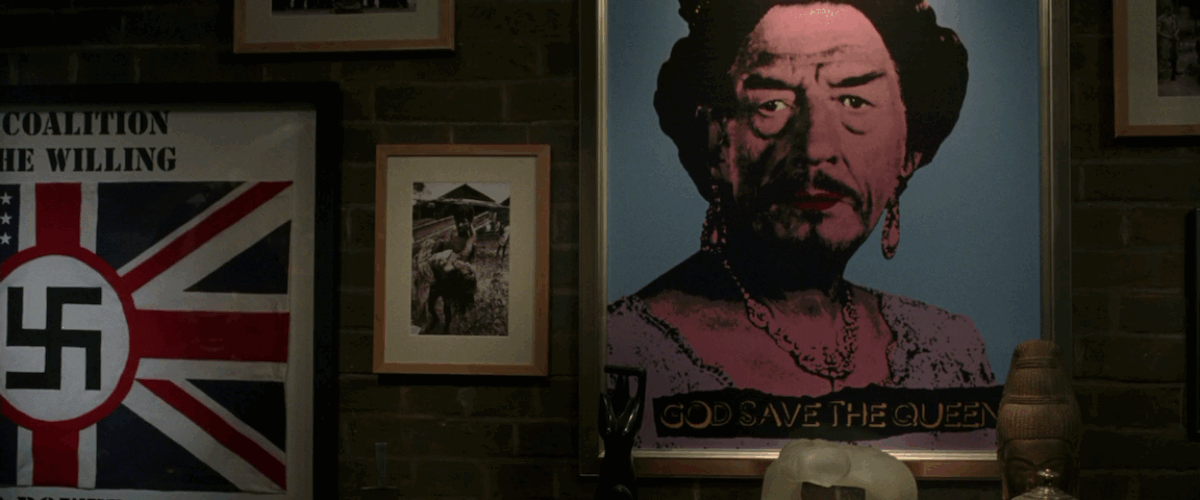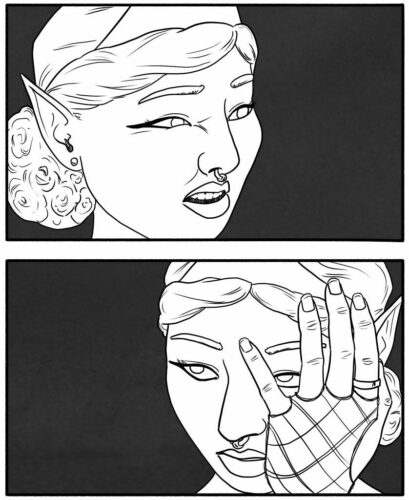Rats With Guns (Book Three, Part 62: Occupy)

Previously in Last War in Albion: In an unlikely series of events, a series of 2008 protests against Scientology that emerged out of the online hacker group Anonymous made widespread use of V for Vendetta-style Guy Fawkes masks. There are several possible reasons for this.
“Rats. Rats with money. And rats with guns. I’m your worst nightmare.” – Grant Morrison, Action Comics
A more parsimonious explanation, however, is simply that it was magic. V for Vendetta was not one of Moore’s conscious magical works, but art need not be conceived of as magic to be magic. And even if Moore wasn’t conscious of it, there is a clearly magical dimension to the way in which its conclusion served as an endpoint of the first phase of his career. The fact that the mask would come to prominence in anti-Scientology deepens the sense, Scientology having been the bastard offspring of Jack Parsons’ magical experiments and the disowned father of Burroughs’s magical techniques. Of course V for Vendetta’s central iconography would turn into a magical totem. Of course when that totem, completed in the wake of Watchmen reached fruition, it would be in opposition to Scientology. How else could it have possibly played out?
Moore, his part, was openly delighted by this development, remarking in a September 2008 interview that “I was also quite heartened the other day when watching the news to see that there were demonstrations outside the Scientology headquarters over here, and that they suddenly flashed to a clip showing all these demonstrators wearing V for Vendetta masks. That pleased me. That gave me a warm little glow.” His sense of satisfaction was, however, only just beginning.
In February of 2011, the Canadian anticapitalist group Adbusters proposed a “Million Man March on Wall Street.” The proposal for a mass demonstration on Wall Street gained ground, and eventually settled into a concrete plan for a demonstration on September 17th, now under the banner of Occupy Wall Street. Adbusters was by this point a venerable organization that had been around since V for Vendetta was being published at DC. Their primary practice was what they called “culture jamming,” a concept derived from the 1960s French Marxist group the Situationist International, who proposed a similar practice called détournement. In the case of Adbusters, this usually meant creating media that at first glance looked like perfectly ordinary late capitalist advertising, but upon inspection contained anticapitalist messages and critiques of the corporations being parodied. One notable example, for instance, sought to highlight Coca-Cola’s use of death squads in Columbia to crack down on a unionization effort by taking Eddie Adams’s Vietnam War photo of the execution of Nguyễn Văn Lém so that a Coca-Cola logo appears flowing out of the gun like smoke. These tactics had an obvious aesthetic similarity to the sorts of memes popular on 4chan, and so it was unsurprising when people working under the Anonymous banner came out in endorsement of the demonstration. Which meant that when it happened there were once again a lot of Guy Fawkes masks going around.…








